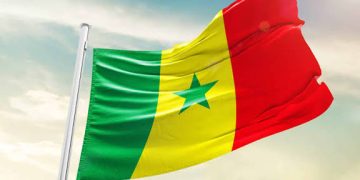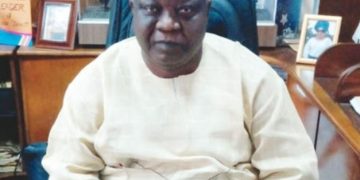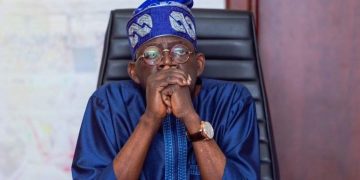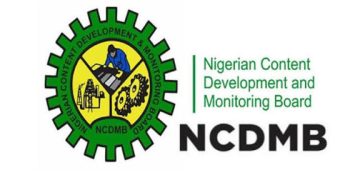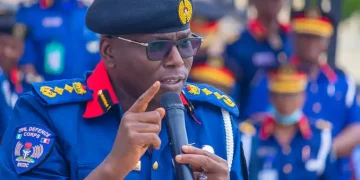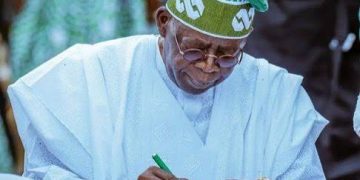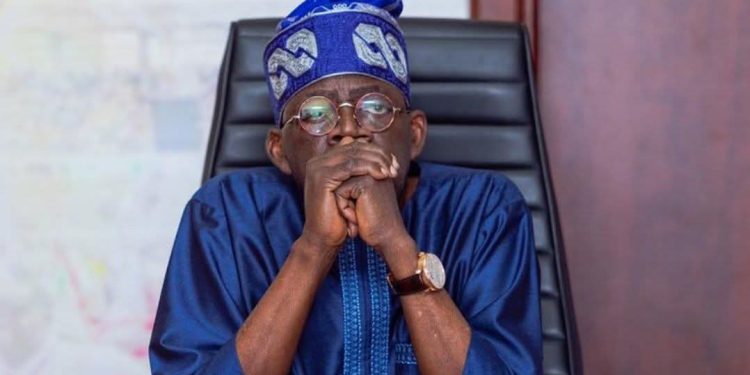There was a time when this country walked tall — not because it was without problems, but because it possessed the will, the confidence, and the inner organs that responded to danger. Today, Nigeria staggers. Not in dramatic collapse, but in a slow, humiliating wobble, like a wounded giant searching desperately for a spine that has been quietly stolen in the night.
I borrowed this title from a concluding line in an earlier piece where I warned of a failing judiciary and the danger it posed. That danger is no longer theoretical. It now lives among us. It knocks at our doors. It taps at our windows. It pokes its poisonous fingers into our sleep-deprived eyes.
We are afraid to sleep. And when we do, we sleep clutching imaginary machetes.
We are afraid to travel. A simple journey that once brought joy has now become a reckless gamble. In our minds, every bend is a possible ambush, every shadow a possible phantom. We fear being plucked from the highway like ripe ogolomosi on a careless farm.
We withdraw our children from school not because they are lazy, but because we are afraid that education may now demand a greater price than ignorance. I recently came across reports of a directive shutting down Federal Government unity schools as a precautionary measure due to security concerns. For me, that was more than alarming; it was scandalous.
Are we saying that a nation of over 200 million people, with combined security agencies numbering in the hundreds of thousands, cannot protect its own children in school?
If that is true — or even close to true — then something fundamental is broken.
And the world is watching.
The outrage is no longer local. It has travelled beyond our borders. Nigeria, once the proud big brother of Africa, is now becoming a cautionary tale whispered at international tables. We export fear where we once exported hope. We export refugees where we once exported teachers, doctors, engineers and diplomats.
This is not just a security crisis.
It is a leadership crisis.
It is a coordination crisis.
It is a credibility crisis.
It is a moral crisis.
And then come the troubling questions that refuse to go away.
Are we to believe that powerful interests connected to illegal mining and natural resource plundering operate completely beyond the knowledge of our security architecture and national leadership? Is it possible that private security arrangements — including aircraft and sophisticated weaponry acquired in the name of “resource protection” — have, over time, found their way into the hands of criminal elements?
It is also whispered — not publicly confirmed, but widely believed in various communities — that former political office holders and influential individuals have developed vast economic interests around these fields, engaging armed groups in the process. In the murky competition for control, foreign actors — some from Asia and the Middle East — are said to participate discreetly in this lucrative and dangerous trade.
If we are honest with ourselves, we must admit that since the post-Obasanjo years, insecurity, ethnic tension and religious division have increasingly been exploited as powerful instruments in political struggles. Curiously — and disturbingly — these waves of violence tend to intensify in the seasons leading up to general elections.
Is it coincidence, or is it a pattern?
In the background, unseen hands appear to shape events. Ageing power brokers, long removed from public accountability yet deeply entrenched in networks of influence, are believed by many to operate beyond scrutiny — untouchable, unseen, but deeply felt.
History — both distant and recent — shows that when power is denied, contested or threatened, Nigeria often bleeds.
The rumbling is particularly loud now that a powerful section of our country feels outflanked and outmanoeuvred, and seems determined to “teach a lesson”, not through debate or ideas, but through fear and disruption.
The difficult truth is that such forces must be identified, engaged, appeased, restrained and neutralised — lawfully, transparently and firmly — if this nation is to reclaim stability.
But this raises a far more sobering question:
Do those currently entrusted with leadership possess the courage to confront these shadows? Or, in one way or another, were they themselves beneficiaries of the climate of fear that has shaped our recent political history?
Yet, even in this moment of anxiety and confusion, I refuse to surrender to despair. I believe, firmly, that a nation that produced giants cannot die as a dwarf. But solutions must be honest. And they must be bold.
What Can Be Done — Now
- Declare a coordinated internal security emergency
All security agencies — military, police, intelligence, civil defence and vetted local networks — must operate under a unified command system, not in competing silos. - Fortify schools immediately
Schools must not close — they must be protected. Each unity school and major public school must have armed security, controlled access, surveillance, and rapid-response support from nearby bases. Retired security personnel in towns and villages should be screened, retrained, armed and deployed to protect our schoolchildren. Keeping children at home and uneducated is how you quietly breed another generation of bandits. - Dominate major highways
Security must be visible and relentless on highways and rural corridors where criminal groups currently operate with impunity. - Integrate local intelligence
Traditional rulers, hunters, community leaders, vigilantes and forest dwellers must be woven into a structured, legal intelligence network. Security is local before it is national. - Speak the truth to the people
Vague statements and cosmetic assurances must end. Nigerians are wiser than they are given credit for. Truth may sting, but deception kills.
The Long Road to Stability
- Police reform is non-negotiable
Modern training, technology, welfare and accountability must become the new pillars of an effective police force. - State police is inevitable
Over-centralisation has failed. Security must be decentralised under strict constitutional and operational guidelines. - Clean up the justice system
A compromised judiciary is the oxygen of criminality. Special courts must be created to handle banditry, kidnapping and terrorism swiftly and transparently. - Create opportunities, not excuses
Where hunger lives, crime recruits. Real job creation, skills training and rural investment must become structured national policy. - Restore dignity to leadership
The example at the top defines the behaviour below. When leaders behave with honour, the nation follows. - Restructure for efficiency
Governance must move closer to the people. Abuja cannot continue to pretend it can micro-manage 36 states and over 700 local governments from a distant perch.
A Final Word
Nigeria is not dying.
But she is dangerously weakened.
And if we continue to borrow crutches of denial, the limp may become permanent.
Yet I believe this: a country that has survived dictators, civil war, economic collapses and global disgrace can still find its backbone again.
The question is no longer, “Are we in trouble?”
That answer is obvious.
The question is now:
Do we still possess the courage to save ourselves?
Until we answer that honestly — not with slogans, but with action — Nigeria will continue staggering… like a giant robbed of its spine.



